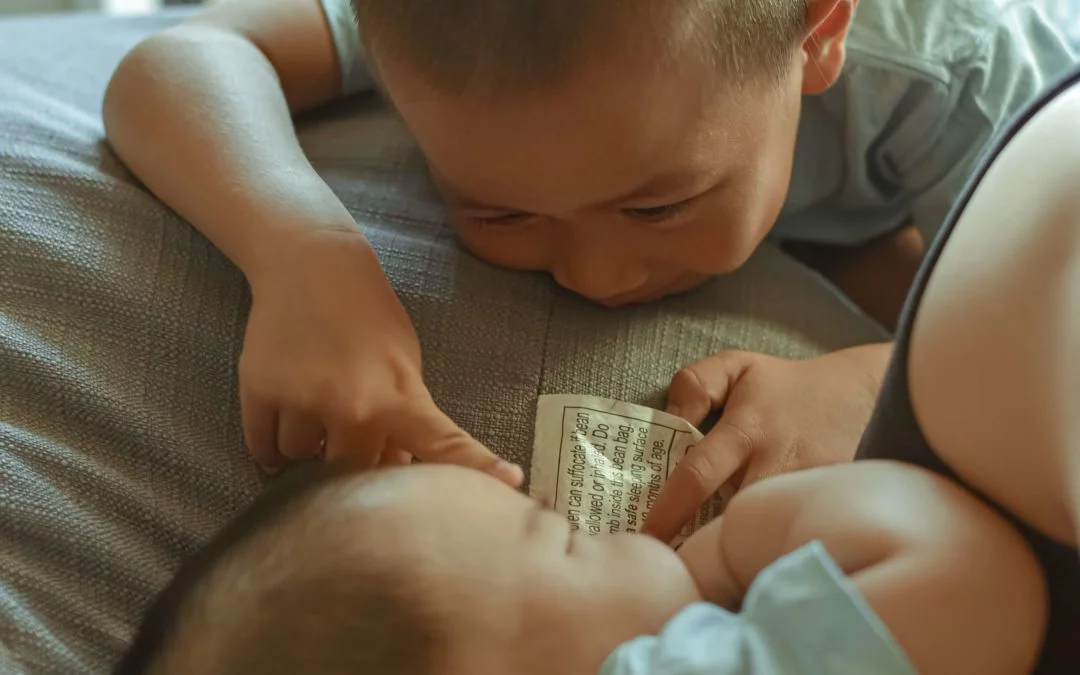Some relationships come against challenges when confronted with differences in faith and culture. Here are a few key things to consider to help strengthen your relationship in this area…
A recent study compared young intercultural and interfaith couples to young intracultural and intrafaith couples. The findings indicated that the roles of communication and support were key for couples who experienced challenges due to differences in background or beliefs (Reiter and Gee, 2008). Some of these findings could help you should cultural differences play a dominant force in your couple relationship:
Communication is key
When compared to intracultural relationships, individuals in intercultural relationships were more likely to report conflict related to cultural differences. So you recognise that you have a unique set of values you can bring to your relationship – make them work instead of letting them cause friction and divide. It’s been discovered that individuals in intercultural relationships are more likely to mature in their relationship once these differences were discussed, so it is something worth considering. This finding is consistent with Falicov (1995) who suggested that if partners were able to understand, appreciate, and integrate each other’s similarities and differences, they would be able to use these differences in an enriching manner.
Relationship Strategy
Make it work towards your advantage. The benefit of open communication about culture between partners can also be a relational maintenance strategy. Couples who communicate more freely about culturally-related relationship issues may experience less relationship distress – so it is definitely something to think about.
We can learn something for young couples
Exploring the differences between young inter and intracultural couples suggest that although intercultural couples are more likely to experience conflict due to cultural differences, they are also more likely to share that discussing these differences helped grow and strengthen their relationship. The findings suggest that where young people discuss their cultural differences, they are likely to be more open in terms of their couple relationship, experiencing less distress from these differences.
References
Reiter, M. J., & Gee, C. B. (2008). Open communication and partner support in intercultural and interfaith romantic relationships: A relational maintenance approach. Journal of Social and Personal Relationships, 25(4), 539-559.
Falicov, C. J. (1995). Training to think culturally: A multidimensional comparative framework. Family process, 34(4), 373-388.









